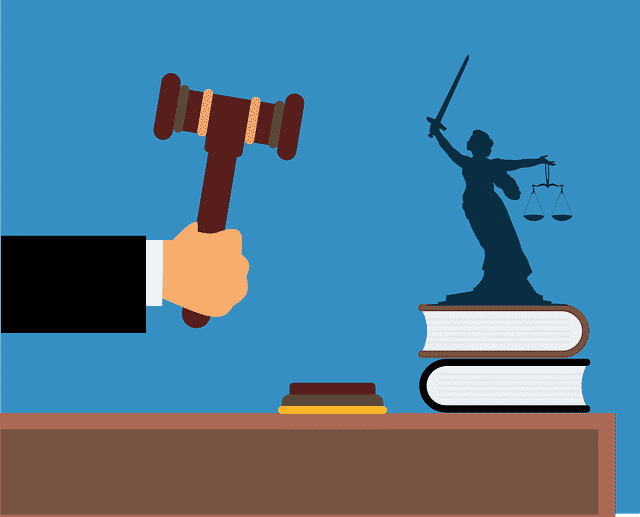
Coercion can be linked to threat or pressure.
From the Latin coercio , coercion is a pressure exerted on a person to force behavior or a change in their will . Coercion, therefore, is associated with repression , restriction or inhibition.
For example: “The presence of the police acted as a coercion for the protesters,” “The coercion paid off and the victim gave up filing the complaint,” “If the boy does not want to understand reasons, we will have to think of some method of coercion.” ” .
Example of coercion
Coercion is generally based on the threat of using violence (physical or otherwise) to condition a person's behavior.
Suppose that a young person is mistreated by the police and is preparing to file a complaint with the courts . When he leaves his home, he finds a patrol car at the door. He arrives at the corner of his house and an officer asks him for his documents. After several minutes, he allows you to continue on your way. Before arriving at court, he receives a phone call but when he answers, he only hears a police siren. All these facts can act as a coercion so that the boy does not make the corresponding complaint.

Legislation works through coercion: citizens know that anyone who does not respect it is punished.
The case for legislation
It is often said that legislation works through coercion, since the threat of sanction prevents people from committing crimes for fear of the negative consequences imposed by the law . In this sense, if a person who sees a woman neglecting her purse plans to steal it, he may decide not to do so after thinking that if he is caught he will surely go to jail.
Legal coercion, then, occurs in a State of Law , through the imposition of sanctions that are applied in the event that citizens fail to comply with a series of rules, which are limited through prohibitions. In other words, in order to consider any rule as legal, there must be a coercive power that accompanies it, which will involve the use of force to counteract a potential non-compliance.
The penal code establishes a list of behaviors (that are outside the limits of the rules) for which a penalty must be imposed.
International and cyber coercion
Peaceful coercion frequently occurs at the international level, and takes the form of a threat of sanctions, which can be economic or diplomatic. It is worth mentioning that the threat of resorting to force (war intervention) is expressly prohibited by contemporary International Law.
On the other hand, while the Internet is an invaluable resource for education and communication, it is also used as a means of harassment through the inappropriate use of messaging systems (chat, email, mobile phone text messages) and websites. such as blogs and photologs, among others, with the purpose of exposing others and publicly humiliating them. It can be said that cyber coercion is a dangerous power game that can ruin someone's life to give someone else a good time .
When used to exert coercion, the Internet becomes a threatening universe, which can expose our privacy, our bank details, our home address, and put us at risk or publicly humiliate us in front of the entire world in a matter of minutes.
The concept in the functioning of capitalism
Depending on the point of view, capitalist corporations can be said to have the power to act through coercion to control resources such as housing, water and food, vital to human beings, as is the case with the hydraulic economy.
Some point out that in an open, unregulated market, coercion has no place, since the freedom of entry that competitors have nullifies the possibility of threats and a potential monopoly .
